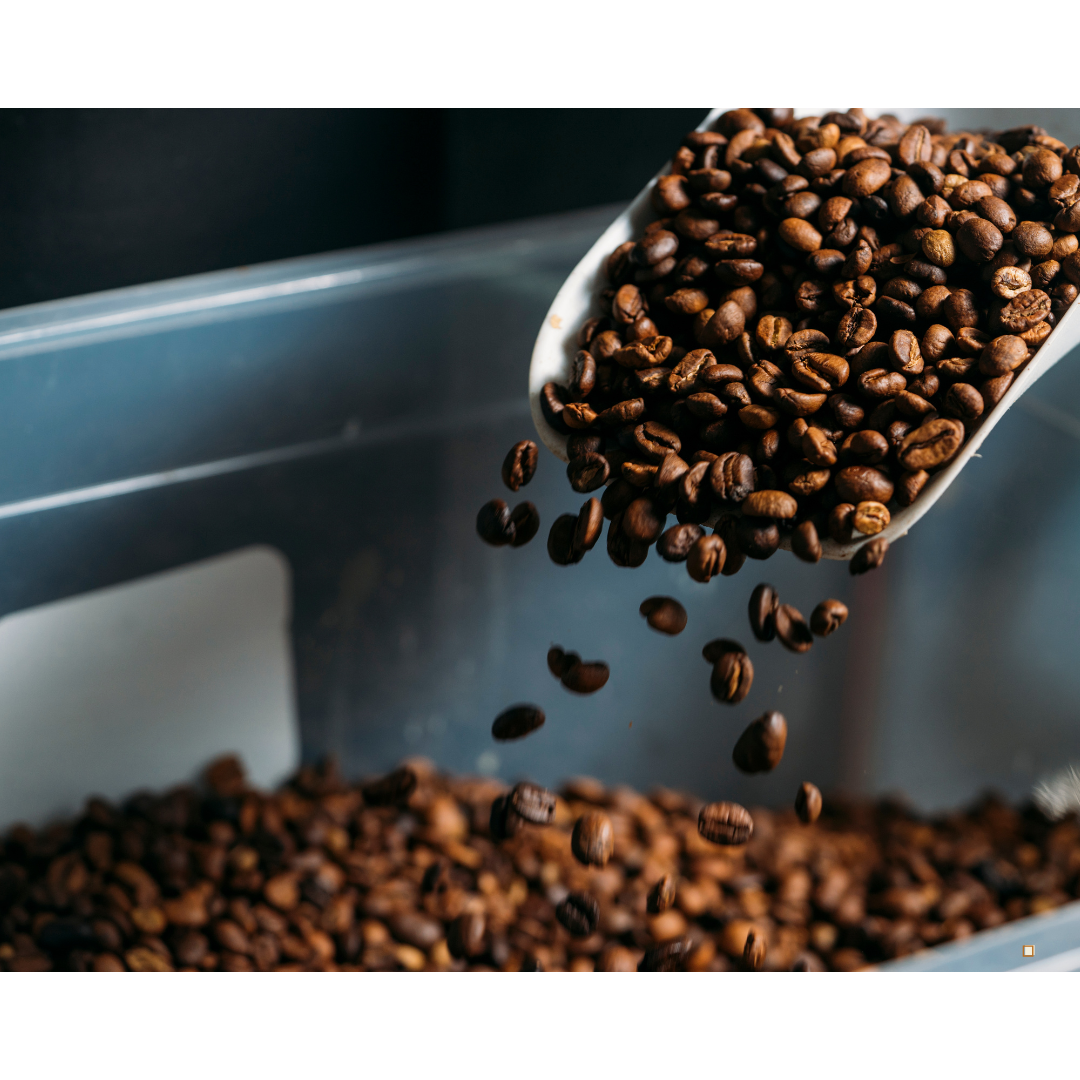
Comparing the Swiss Water Process to Other Decaffeination Methods: A Guide to Whole Bean Decaf Coffee
When choosing whole bean decaf coffee, understanding the decaffeination process can be the key to unlocking the best flavor and aroma for your brew. One of the most widely recognized methods is the Swiss Water Process, but how does it stack up against other popular techniques? Let’s dive into the details to help you make an informed choice.
What Is the Swiss Water Process?
The Swiss Water Process is a chemical-free decaffeination method that uses water, temperature, and time to remove caffeine from coffee beans. First, green coffee beans are soaked in hot water to dissolve the caffeine. This liquid, known as Green Coffee Extract (GCE), is filtered through activated charcoal to remove the caffeine molecules. The GCE is then reused to decaffeinate subsequent batches of beans while preserving their original flavors.
The result is coffee that is 99.9% caffeine-free, with minimal impact on the taste. This process is particularly appealing to health-conscious consumers and those who prioritize natural processing methods.
How Does It Compare to Other Decaffeination Methods?
To understand why the Swiss Water Process stands out, let’s compare it to other popular techniques used to decaffeinate coffee:
- Ethyl Acetate Method
The ethyl acetate method, also known as the natural decaffeination process, uses a solvent derived from fruits or sugarcane to extract caffeine. This method is effective in preserving the beans’ flavors, but some coffee enthusiasts worry about potential traces of the solvent remaining in the beans, even though it is considered safe.
- CO₂ Process
The CO₂ process uses pressurized carbon dioxide to extract caffeine selectively. This method excels in preserving the flavor profile of the coffee, making it a favorite among specialty coffee producers. However, the equipment required is expensive, which can make this coffee less accessible to some consumers.
- Methylene Chloride Method
This method uses methylene chloride as a solvent to remove caffeine. While highly efficient, it involves a synthetic chemical that many consumers prefer to avoid, despite its safety being approved by regulatory agencies.
- Direct Water Method
Similar to the Swiss Water Process, the direct water method uses water to extract caffeine. However, it lacks the GCE technique, which can lead to more loss of flavor and aromatic compounds.
The Swiss Water Process stands out as a natural and effective method that maintains the integrity of the coffee bean while avoiding the use of any chemical solvents.
Benefits of the Swiss Water Process for Home Brewers
For home coffee brewers, the Swiss Water Process offers several advantages:
- Flavor Preservation: Because this method doesn’t use chemicals, the beans’ natural oils and sugars remain intact, leading to a richer and more satisfying flavor profile.
- Health and Safety: The absence of synthetic chemicals ensures a completely natural decaffeination process, giving you peace of mind with every cup.
- Versatility: Coffee decaffeinated through this method works beautifully with a variety of brewing techniques, from pour-over to espresso machines.
- Transparency: The Swiss Water Process is often accompanied by certifications, such as organic and Fair Trade labels, ensuring ethical and high-quality coffee.
Considerations When Choosing Decaf Coffee
While the Swiss Water Process is an excellent choice, it’s not the only factor to consider when selecting your decaf beans. Origin, roast level, and storage all play crucial roles in determining the quality of your coffee. For example, single-origin decaf beans can provide unique flavor profiles tied to their geographic origin, while blends can offer a consistent and balanced taste.
Why the Swiss Water Process Matters for Whole Bean Decaf Coffee
For those seeking premium whole bean decaf coffee, the Swiss Water Process offers a reliable way to enjoy a flavorful cup without the caffeine. By choosing this method, you’re not just selecting a coffee with reduced caffeine—you’re opting for a bean that retains its full character and depth.
How Frontier Coffee Roasters Meets Your Decaf Needs
At Frontier Coffee Roasters, we are committed to providing exceptional decaf options tailored to your preferences. Whether you’re exploring beans processed through the Swiss Water Process or other decaffeination methods, we prioritize quality and transparency in every batch.
Our approach includes:
- Expert Roasting: By customizing roast profiles, we bring out the best flavors in each bean, ensuring that your decaf cup is as satisfying as its caffeinated counterpart.
- Customer Choice: From single-origin selections to expertly crafted blends, we offer a range of decaf options to suit any palate.
When you choose our whole bean decaf coffee, you’re investing in a product that combines care, quality, and craftsmanship.

